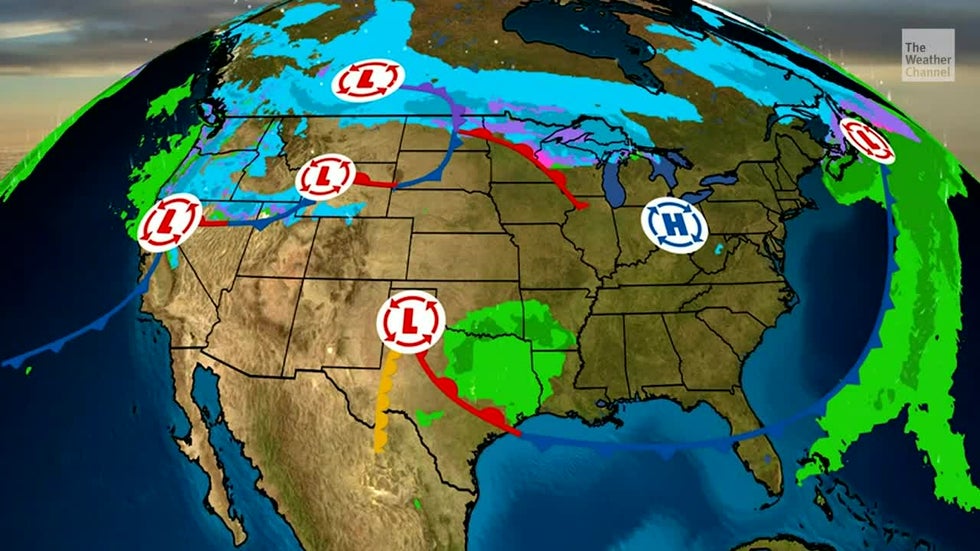Context of the Vote:
The referendum comes amidst a backdrop of geopolitical tension, particularly due to Russia’s actions in Ukraine, which have heightened fears about security and sovereignty in the region. Moldova, historically influenced by Moscow, is now increasingly looking westward as citizens express a desire for integration with European institutions.
Election Outcome:
The results were closely contested, showcasing a significant faction of the population that remains skeptical about EU membership. The narrow victory underscores the challenges ahead for the government in uniting a divided electorate while navigating the complexities of EU accession.
President Sandu’s Response:

In her address following the vote, President Sandu emphasized the necessity of upholding democratic principles and institutions. She warned against the forces that threaten democratic governance, suggesting that external influences are at play in undermining public trust in the electoral process.
The Path Forward:
Moldova’s government will now need to focus on implementing necessary reforms to align with EU standards, particularly in areas such as governance, rule of law, and anti-corruption measures. This process is crucial not only for fulfilling EU requirements but also for fostering national unity.
Challenges Ahead:
As Moldova embarks on its journey toward EU membership, it faces several challenges, including addressing the concerns of those who opposed the referendum, managing political polarization, and ensuring economic stability. The road to integration is fraught with potential pitfalls, but it also presents opportunities for growth and development.
The international community is watching closely as Moldova seeks to solidify its European aspirations, hoping for a brighter future marked by stability and prosperity for its citizens.











Leave a Reply